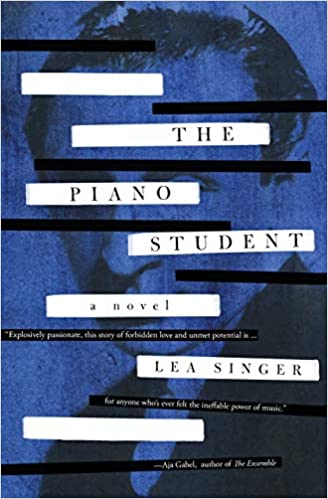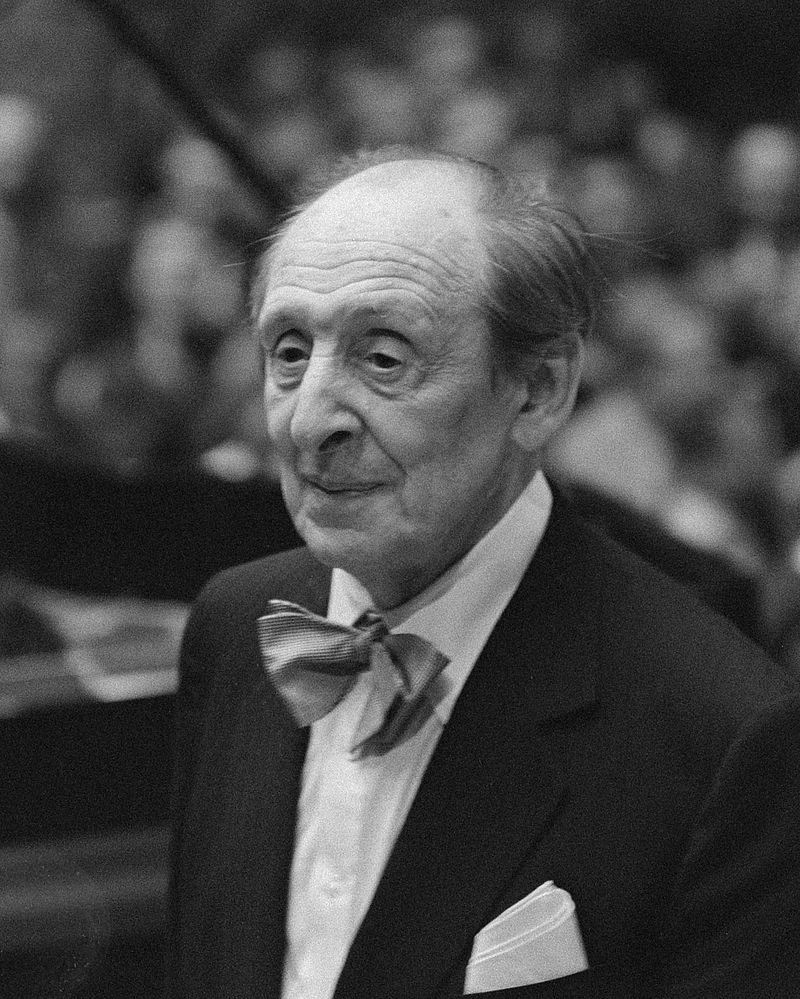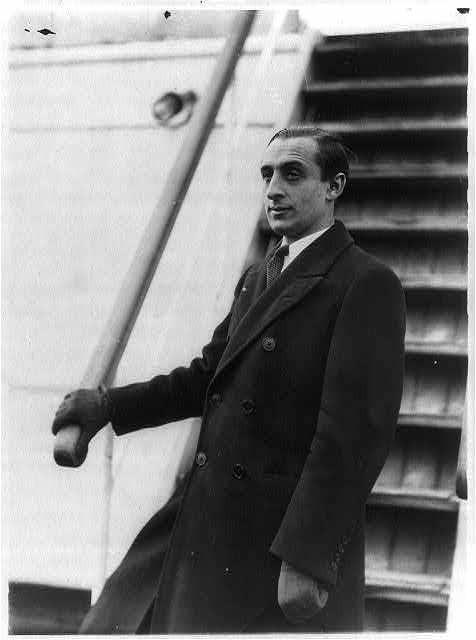
Lea Singer’s novel The Piano Student, translated by Elisabeth Lauffer (New Vessel Press, 2020), is based on correspondence between piano virtuoso Vladimir Horowitz and his student and (secret) lover Nico Kaufmann, and Kaufmann’s unfinished memoir.
My review is posted at Historical Novel Society here.
When Horowitz and Kaufmann met in 1937, their trajectories as musicians seemed pre-ordained. Horowitz (1903–1989) had already won international acclaim. His fame has outlasted his life. Kaufmann (1916–1996) would have an illustrious career as a musician, but his fame never came even close to Horowitz’s. His Wikipedia entry is a mere “stub.”

The familiar images of Vladimir Horowitz, as an elegant, sometimes playful, always gently melancholy old man, belie the passion of his liaison with Nico Kaufmann. But then, Horowitz was only 33 at the time; his lover only 21. 1986 photo by Gerrits, Roland / Anefo via Wikimedia Commons

Not even yet 30, Vladimir Horowitz’s fame was already such that a New York news service sent a photographer to catch the rising star, apparently as he disembarked from an ocean liner. Circa 1930 Bain News Service photo, Library of Congress

Nico Kaufmann, by Singer’s account, was well aware of his physical charisma. His beauty was an advantage, but also a liability. He found it all too easy to gain approval and to distract himself from musical endeavor with his pick of lovers. Photo unattributed, via Stadt Zurich

A photograph of Kaufmann (left) and Horowitz smoking cigarettes reeks of vintage cinema, when lighting each other’s cigarettes telegraphed sexual interest. Horowitz does seem to betray emotion intense beyond the pleasures of a smoke. Photographer unknown, via Schwulen Geschichte (Story of Gays in Switzerland)
I’d like to read all the letters that were omitted from “The Piano Student.”